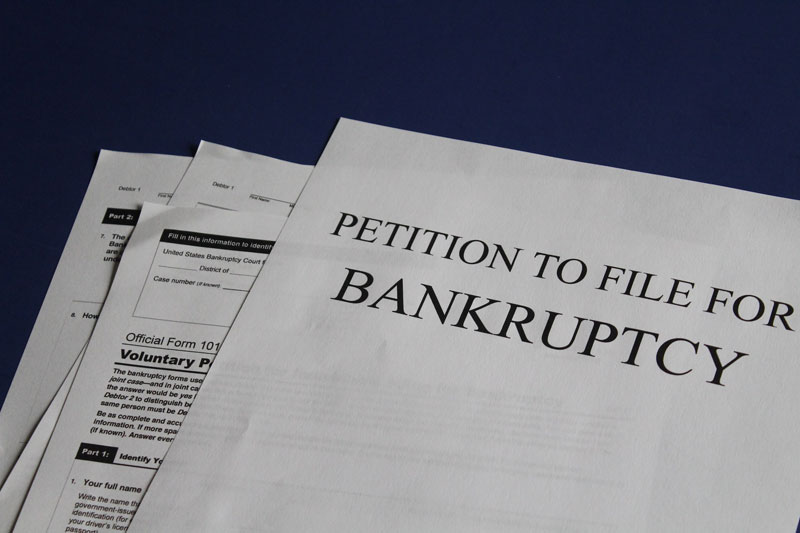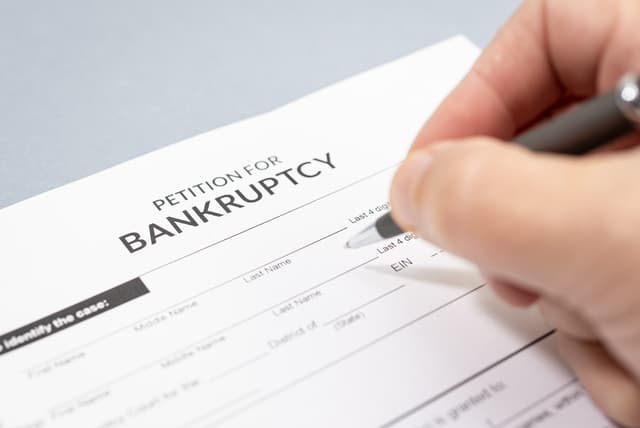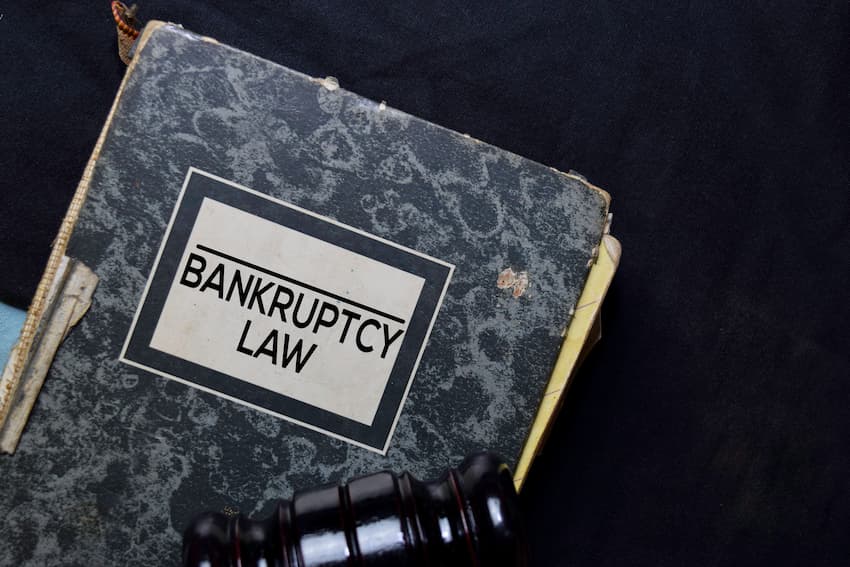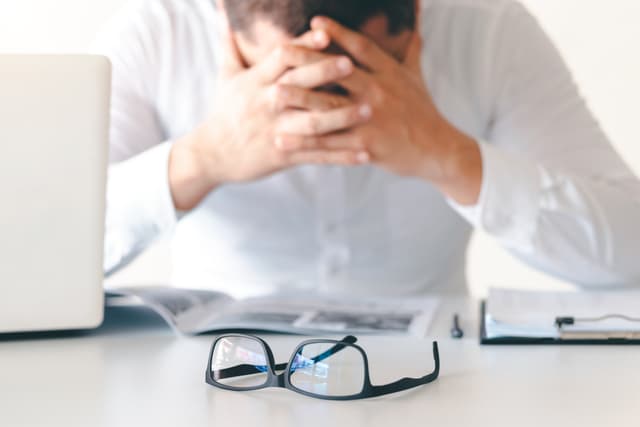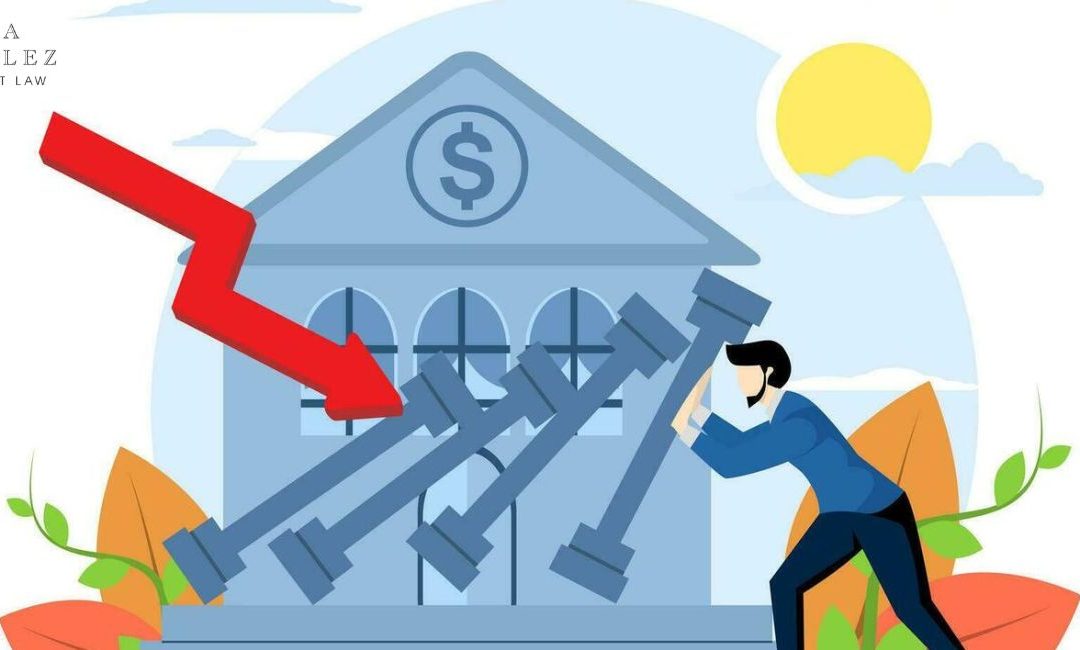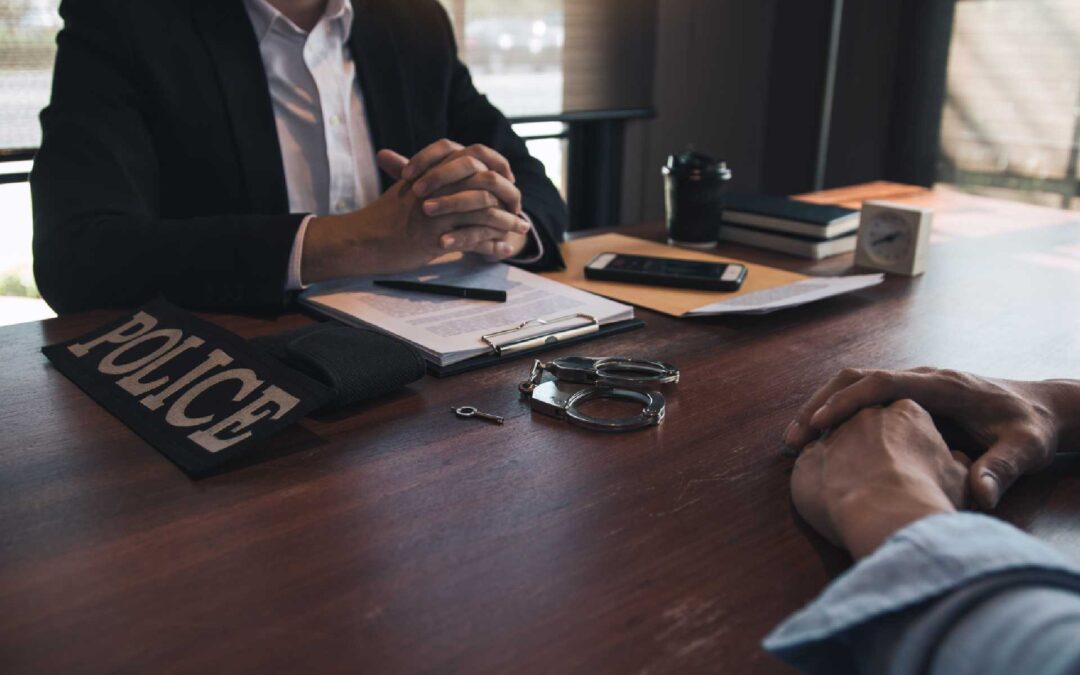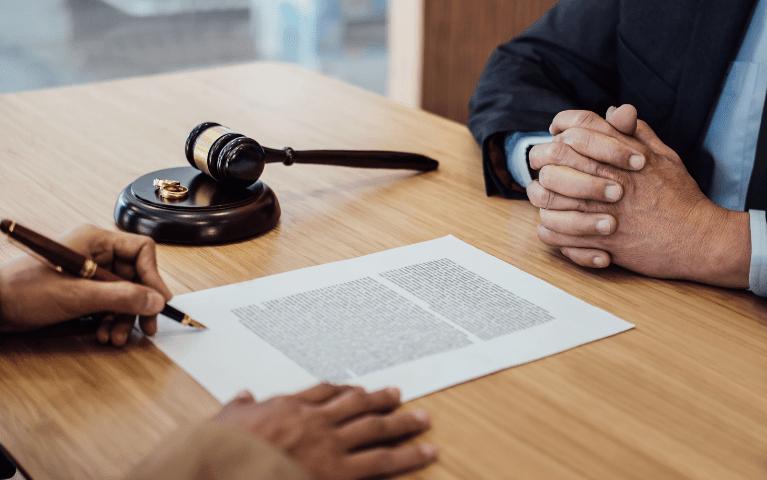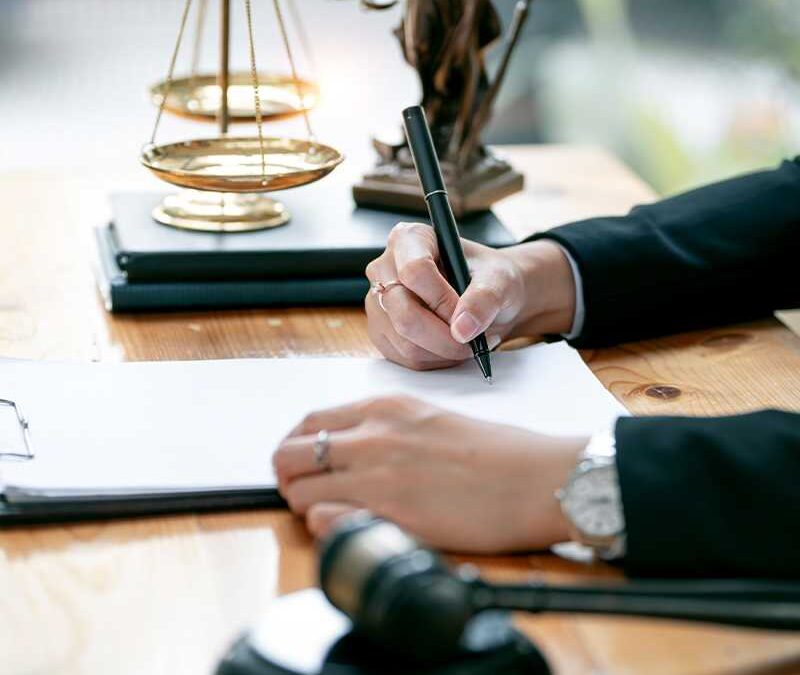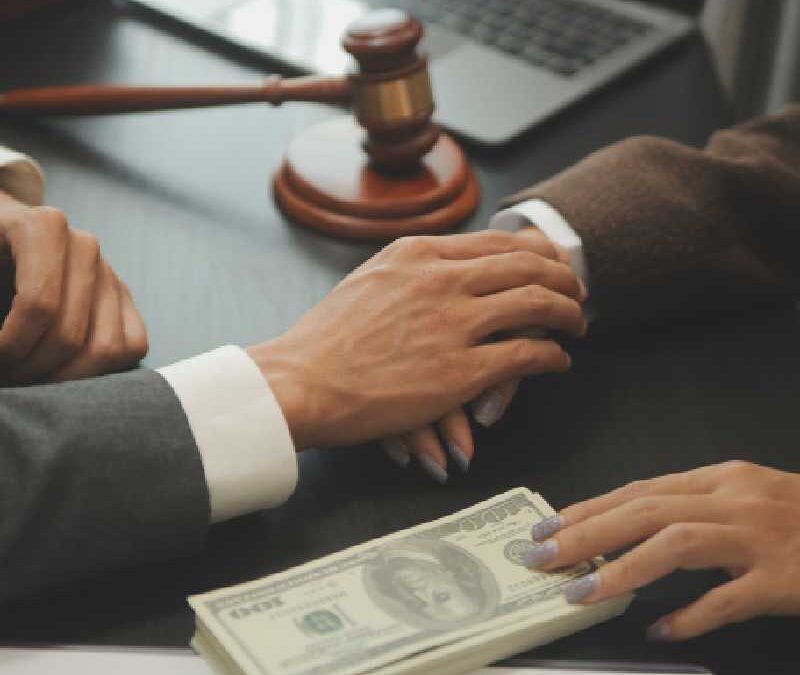Filing for bankruptcy can be a tough decision to make. However, it may be the only option when you’re struggling to manage your debt. That said, while it may be the right choice for your financial situation, it’s essential to understand the negative effects of bankruptcy on your credit score. Declaring bankruptcy can significantly impact your credit and reflects poorly on your ability to handle debt. This can make getting approved for new credit harder and lead to higher interest rates. However, there are ways to fix the negative effects of bankruptcy on your credit score. And today, we’ll tell you all how to do it.
What Happens When You File for Bankruptcy?
Filing for bankruptcy is a legal procedure that requires you to publicly acknowledge that you are unable to pay your present debts. In most cases, it results in the cancellation of part or all of those debts. That said, it comes at a considerable cost. For this reason, filing for bankruptcy should be your very last resort. You should exhaust all other options to avoid financial ruin before bankruptcy, such as debt consolidation and management plans. Filing for bankruptcy is a complicated procedure, so it’s best to have an attorney on hand. Chapter 7 and Chapter 13 bankruptcy options are available depending on your financial condition.
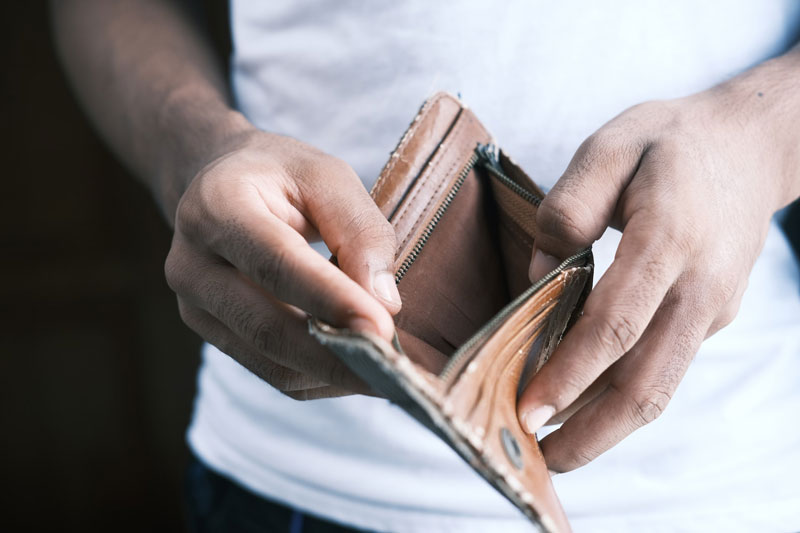
How Bankruptcy Affects Your Credit Score
Filing for bankruptcy can have severe effects on your credit score. Immediately after filing, your credit score will drop substantially. With lower creditworthiness, getting approved for new loans, mortgages, or credit cards will be more complex. Potential lenders may also charge a higher interest rate if they accept you as a customer. These are just some of the effects that can occur as a result of bankruptcy.
How To Fix the Negative Effects of Bankruptcy on Your Credit Score
Fortunately, there are ways to begin fixing the bankruptcy effects right away. Start by reviewing your credit reports for any errors and disputes. For instance, errors or outdated information on the report can potentially lower your score. Paying all bills on time will help to establish a positive payment history, while using a secured credit card can be an effective way to rebuild your credit score. Additionally, downsizing your home or moving to a new, more affordable location may be a good idea. You can easily find experts to handle this for you so that you can start getting back on your feet immediately. Lastly, remember not to apply for new credit too frequently, as lenders often view such requests negatively. By following all of these steps, you can begin improving the effects of bankruptcy on your credit score to achieve financial stability again.
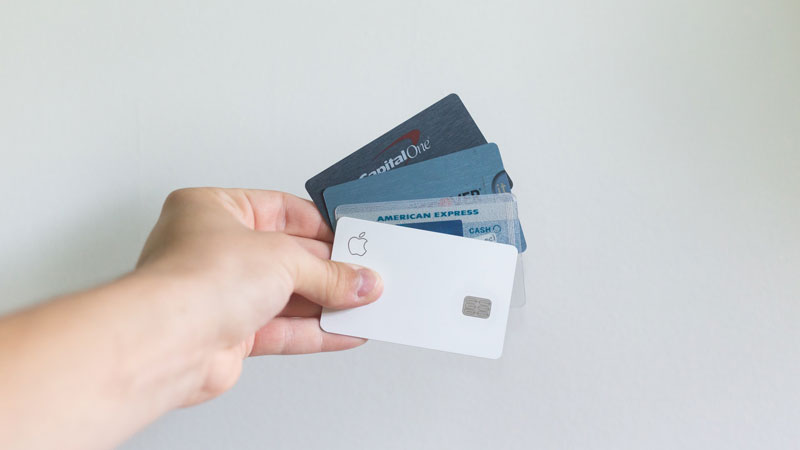
Other Strategies for Improving Your Credit Score
One strategy for improving your credit score is disputing errors on your credit report. This can help protect against inaccuracy, inefficiency, and untrustworthiness that sometimes effects credit reports. Another tactic is negotiating with creditors to remove negative items. However, this may not always be a successful endeavor. It can sometimes provide substantial benefits to those trying to repair a damaged credit score.
Building a solid credit mix is also an effective strategy – utilizing cards from various lenders and maintaining low balance-to-limit ratios will all contribute to a better financial reputation. It should be taken into consideration that the effects of bankruptcy on your credit score are immediate and long-lasting, so it is crucial to take proactive steps toward improving before taking this route.
Practice Responsible Credit Habits
Eventually, your bankruptcy will be a thing of the past, and your credit score will rise. But good money management is essential to reestablishing your credit after bankruptcy. Here are some suggestions to get you going:
1 Make On-time Payments
It is crucial to make on-time payments while rebuilding credit after bankruptcy. This is important because payment history contributes to 35% of the FICO Score calculation. Paying all your bills on time, including utilities, may help your credit score via programs like Experian Boost, but making regular, on-time payments is still the most important.
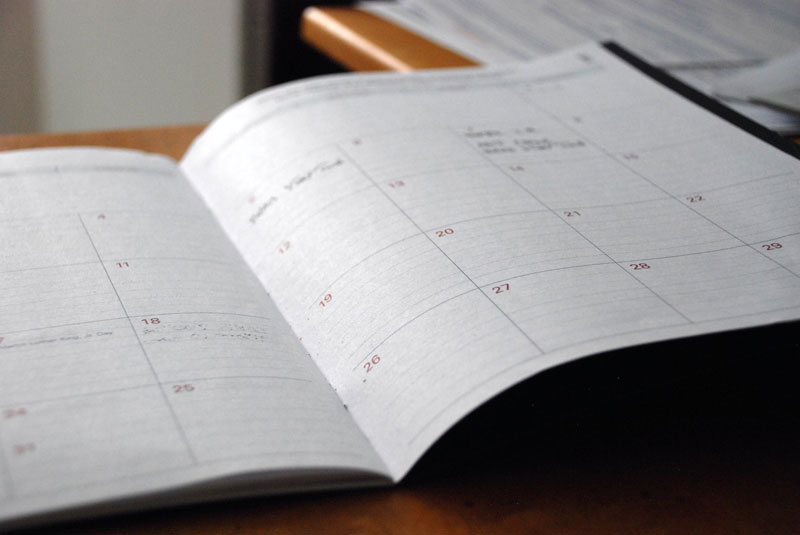
2 Reduce Your Credit Card Use
Depending on what caused your financial problems in the first place, one of the biggest dangers is returning to old patterns that got you into bankruptcy in the first place. Avoiding or drastically reducing credit card usage might help you resist the desire to overspend. In fact, Best Movers in Florida experts typically advise against using credit cards to pay for moving services for any client experiencing financial difficulties.
3 Build an Emergency Savings Fund
If possible, you should put aside funds to create an emergency savings fund to help you deal with unforeseen circumstances. This may include costs like vehicle maintenance or medical care. Doing this will help you avoid taking on further debt in the future, which can stall or even undo your credit repair efforts.
4 Be Patient
Rebuilding credit after bankruptcy may take anywhere from two months to two years, depending on the individual borrower. This is why it’s crucial to establish and maintain good credit habits, even after your score has improved.
Conclusion
As you can see, the adverse effects of bankruptcy on your credit score can be drastic. However, while filing for bankruptcy will have a negative impact on your credit, it is possible to recover and move forward with your life. All you need is the knowledge to figure out what steps to take. Checking your credit reports for errors, paying your bills on time, and applying for a secured credit card are all things you can do to improve your credit and help you out of this situation. If you’re feeling overwhelmed, don’t hesitate to reach out to the professionals to assist you. And always keep in mind that your credit score can be restored and your financial future improved with time and effort.
The Law Firm of Freire & Gonzalez, P.A., is ready to guide you through bankruptcy and help you regain control of your finances and your life. If you have any questions, please contact us at 305-826-1774 and our locations:
Bankruptcy Lawyers Fort Myers, FL

